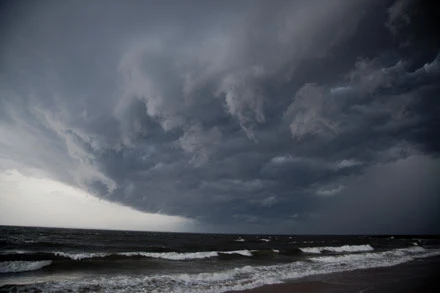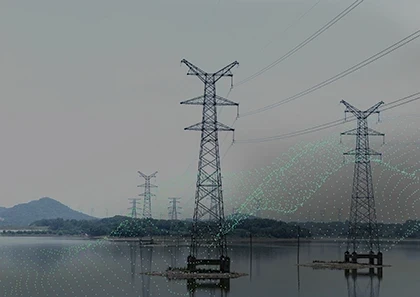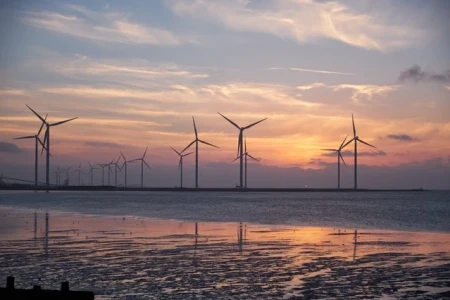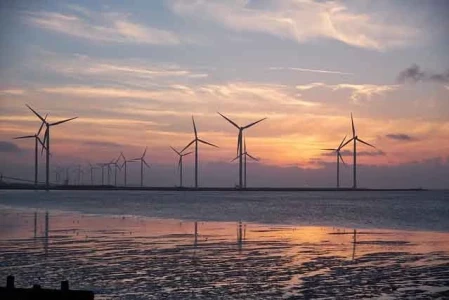Hurricane Helene: A Catalyst for Climate Change Dialogue in the Presidential Campaign

As Hurricane Helene churned through the Atlantic in September, its formidable presence served as a stark reminder of the intensifying effects of climate change. This hurricane, along with others in a tumultuous storm season, has thrust climate change back into the spotlight of the presidential campaign, prompting candidates to address a pressing issue that resonates deeply with voters.
The Impact of Hurricane Helene
Hurricane Helene formed as part of an active Atlantic hurricane season, characterized by its high frequency of storms and extreme weather patterns. As the storm approached land, communities braced for potential devastation, drawing attention to the broader implications of climate change on weather patterns. Increased ocean temperatures, rising sea levels, and altered atmospheric conditions are all factors that have been linked to more powerful storms, raising concerns about the future of coastal communities.
The destructive capacity of hurricanes like Helene amplifies discussions about preparedness and response strategies, spotlighting the need for effective policies that can mitigate climate impacts. For many voters, the hurricane represents more than just a weather event; it symbolizes the urgent need for comprehensive climate action.
Climate Change in the Political Arena
The emergence of Hurricane Helene has prompted presidential candidates to revisit their climate platforms. As voters express increasing concern about climate-related disasters, candidates find themselves navigating a landscape where addressing climate change is no longer optional but essential.
In recent debates, candidates have articulated their visions for combating climate change, proposing various solutions such as transitioning to renewable energy, investing in green infrastructure, and implementing policies to reduce greenhouse gas emissions. These proposals resonate with an electorate that is increasingly aware of the environmental challenges facing the nation.
Voter Sentiment and Climate Awareness
Polling data indicates that a growing number of Americans view climate change as a top priority. The destruction wrought by hurricanes and wildfires in recent years has heightened awareness, leading many to connect the dots between extreme weather and climate policy. The impact of Hurricane Helene, along with other recent climate events, has further galvanized public interest and concern.
Candidates who prioritize climate action may gain an edge in a competitive political landscape. Engaging with voters on this issue not only demonstrates an understanding of current events but also reflects a commitment to addressing a challenge that affects all Americans, particularly those in vulnerable regions.
Economic Implications of Climate Action
Beyond the immediate human and environmental impacts, hurricanes like Helene have significant economic consequences. The costs associated with disaster recovery, infrastructure damage, and loss of productivity can be staggering. Candidates addressing climate change often highlight the economic opportunities presented by a transition to renewable energy, framing it as both an environmental necessity and a pathway to job creation.
Investing in clean energy technologies, retrofitting buildings for resilience, and supporting communities in their adaptation efforts can drive economic growth while simultaneously addressing the existential threat posed by climate change. These points resonate with voters who are concerned not only about environmental degradation but also about their economic futures.
Conclusion: A Call for Action
As Hurricane Helene continues to impact communities and lives, its role as a catalyst for climate change dialogue in the presidential campaign becomes increasingly clear. The storm serves as a stark reminder of the urgency with which candidates must address climate issues and the importance of crafting policies that prioritize sustainability and resilience.
For voters, the challenge lies in evaluating candidates based on their commitment to tackling climate change and their ability to implement effective solutions. As the campaign unfolds, the dialogue surrounding climate action is likely to intensify, driven by a populace that recognizes the immediate and long-term implications of inaction. In this pivotal moment, the convergence of natural disasters and political discourse may well shape the future trajectory of the nation’s climate policies for years to come.








